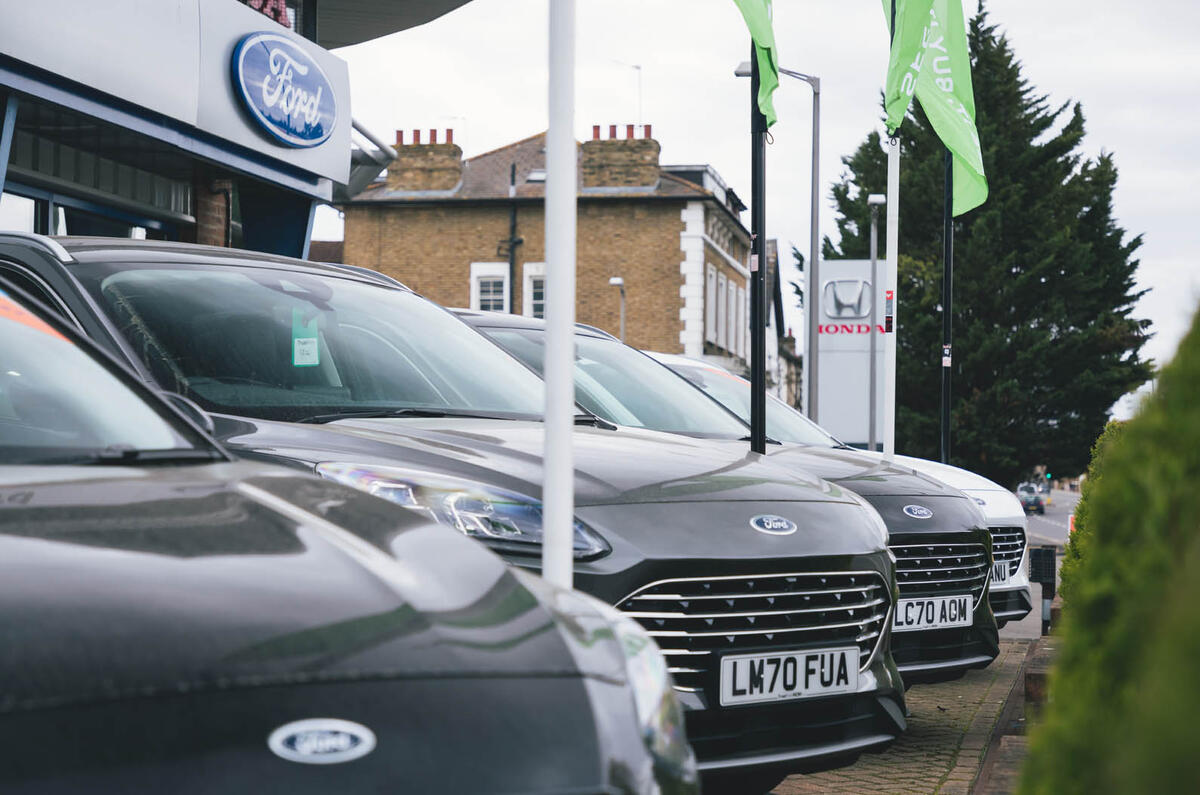New car registrations surged 27.5% year on year in the UK last month, shoring up optimism that the industry is on its way to recovery from heavily reduced volumes in 2021.
The latest figures from the Society of Motor Manufacturers and Traders (SMMT) show that 115,087 new cars were registered in January, some 24,838 more than the same month last year, when dealerships were forced to close in line with social distancing restrictions.




Add your comment